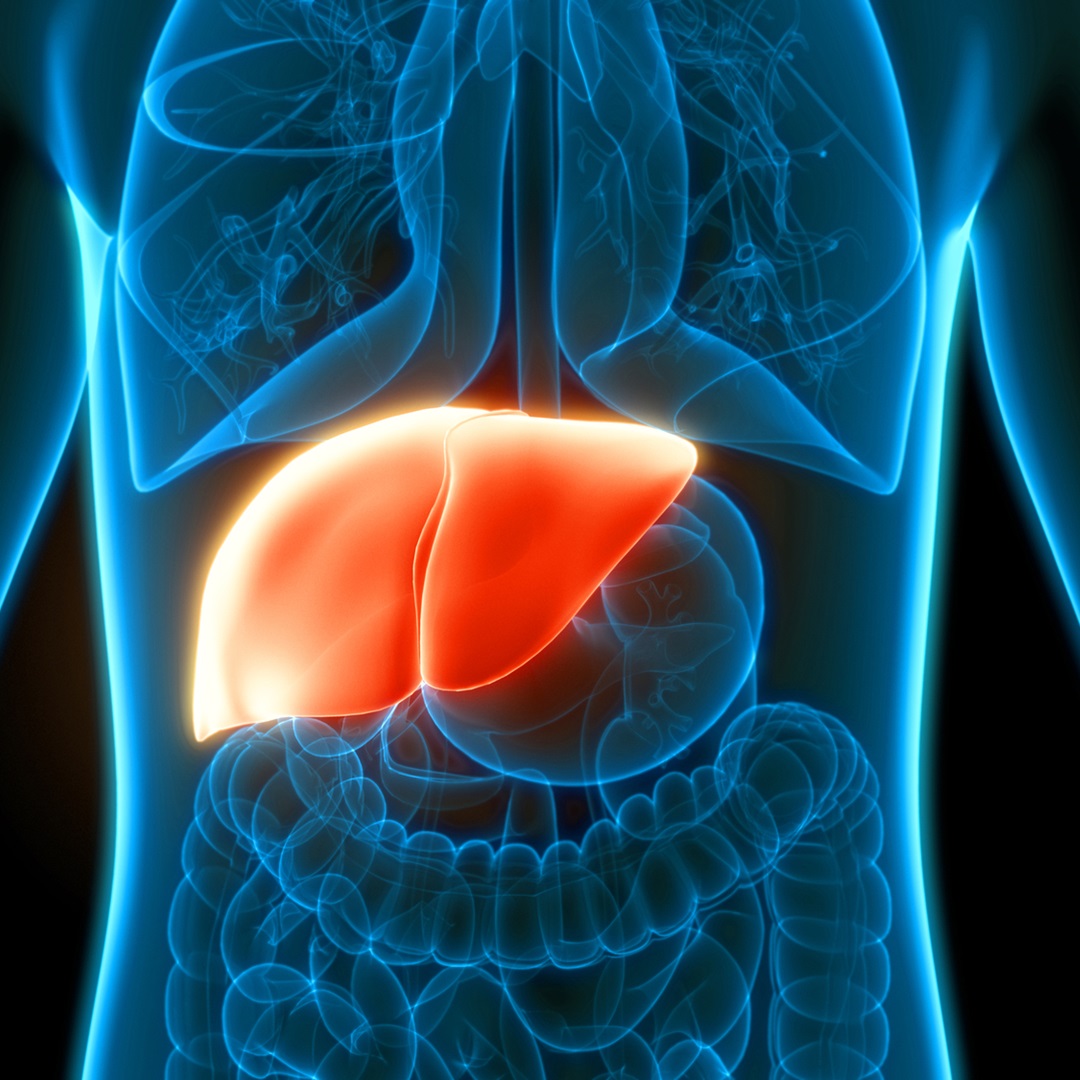by Stephen Luther, M.D.
Share

Causes, Effects, and Prevention
Imagine a health issue that’s quietly affecting millions worldwide, often without any noticeable symptoms. That’s what non-alcoholic fatty liver disease (NAFLD) is – a silent threat closely tied to today’s lifestyle choices, such as poor diet and lack of exercise.
Unlike liver problems caused by drinking too much alcohol, NAFLD affects people who don’t drink much, if at all. It’s caused by fat building up in the liver, which can lead to serious health problems. This condition is connected to other health issues such as obesity, diabetes, and heart disease, making it a significant part of the broader picture of metabolic diseases.
How Lifestyle Choices Contribute to NAFLD
The food we eat plays a big role in the rise of NAFLD. Eating a lot of processed foods, sugary drinks, and snacks can overload the liver with fat, leading to inflammation and other metabolic problems. Sugary drinks and snacks, especially those high in fructose, can be particularly harmful, as they encourage fat buildup and inflammation in the liver. Understanding how our diet affects NAFLD is crucial to tackling this growing health challenge.
The Metabolic Connection
NAFLD is often part of what’s known as metabolic syndrome, a group of conditions such as belly fat, high blood pressure, and abnormal cholesterol levels. These factors create a perfect storm for liver problems, making it essential to address the underlying metabolic issues.
How NAFLD Develops
NAFLD happens when too much fat builds up in the liver, often because of insulin resistance (when your cells don’t respond well to insulin), obesity, and problems with fat metabolism. Here are some key points:
- Insulin Resistance: When cells don’t respond well to insulin, the liver starts storing more fat.
- Obesity: Extra weight, especially around the belly, leads to more fatty acids that end up in the liver.
- Cholesterol Issues: High triglycerides and low “good” cholesterol contribute to fat buildup in the liver.
The Sugar Factor
Eating too much sugar, particularly fructose from sugary drinks and snacks, plays a major role in NAFLD. Because fructose is mainly processed by the liver, it can lead to fat buildup, insulin resistance, and inflammation, speeding up liver damage.
From NAFLD to More Serious Health Issues
NAFLD can progress to a more severe form called Non-Alcoholic Steatohepatitis (NASH), which involves inflammation and liver damage. NASH increases the risk of serious liver problems such as fibrosis, cirrhosis, and even cancer. Additionally, NAFLD significantly raises the risk of heart disease, making it a major health concern.
Preventing and Managing NAFLD
Addressing NAFLD involves tackling its root causes with a comprehensive four-step approach.
- Diet Changes: Focus on a diet low in refined sugars and carbs, and rich in healthy fats and proteins.
- Exercise: Engage in regular physical activity several days a week to improve insulin sensitivity and reduce liver fat.
- Weight Management: Losing just 5% to 10% of your body weight can significantly reduce liver fat and inflammation.
- Manage Conditions: Effectively managing diabetes, blood pressure, and cholesterol can reduce the risk of NAFLD and heart disease.
SymbiosFIT: Fitness Solutions for NAFLD
At SymbiosFIT, our expert coaches offer personalized workout programs to help lower the risk of NAFLD through regular exercise. These programs aim to improve insulin sensitivity and reduce liver fat, focusing on a personalized approach to better health.
Symbios Nutrition: Tailored Diet Plans
Symbios Nutrition offers customized diet plans to help combat NAFLD, obesity, and insulin resistance. Our nutritionists create meal plans that cut down on sugar and promote balanced eating to support long-term health.
Get Personalized Care
If you’re worried about NAFLD or have questions, reach out to our team at Symbios Health. Call 843.738.4800 to learn how we can help prevent, manage, and treat metabolic diseases, helping you become the healthiest version of yourself, inside and out.
References
- Cunha, G. M., Guzman, G., Correa De Mello, L. L., Trein, B., Spina, L., Bussade, I., Marques Prata, J., Sajoux, I., & Countinho, W. (2020). Efficacy of a 2-Month Very Low-Calorie Ketogenic Diet (VLCKD) Compared to a Standard Low-Calorie Diet in Reducing Visceral and Liver Fat Accumulation in Patients With Obesity. Frontiers in Endocrinology, 11.





